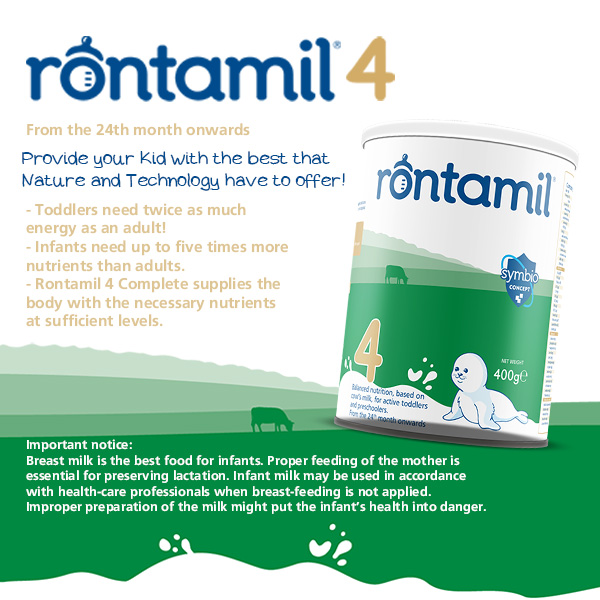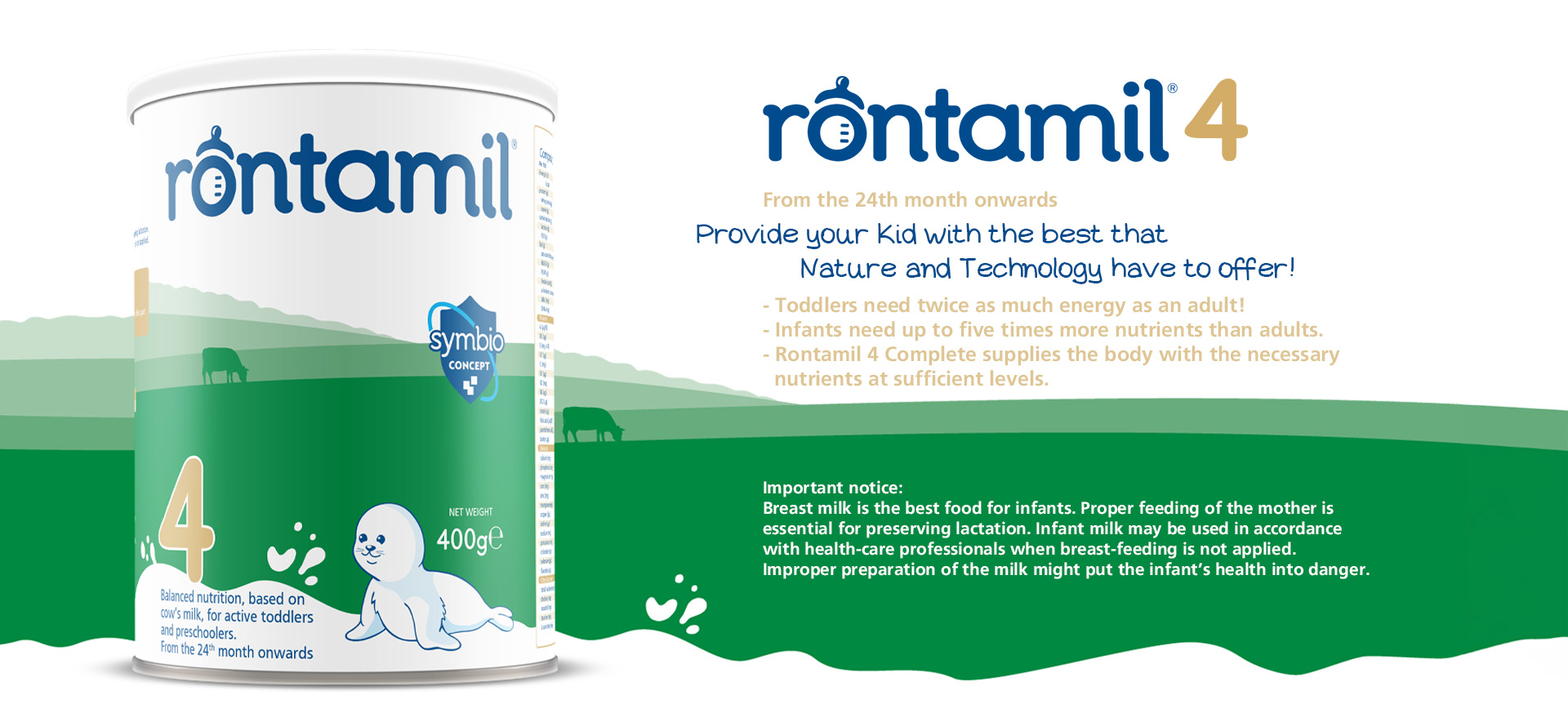Select your baby’s birth date or your due date.
Calendar
Impact of the prematurity on the nutritional status
Unlike full-term infants, preterm or low birth weight infants have fewer nutrient reserves than term infants (McGuire et al., 2004). These infants have particularly high nutritional needs to support their rapid growth and development. Indeed, normal fetal growth in utero is extremely rapid: fetal body weight doubles for example in only 6 weeks between 30 and 36 weeks of gestation (Koletzko et al., 2014). As a result, they are vulnerable to any nutritional deficiency.
The body composition of preterm infants is very different from that of full-term infants. These infants have fewer reserves (energy, trace elements and vitamins) and are biologically and metabolically very immature. As a result, preterm and low birth weight infants are in a precarious situation and are exposed to numerous complications (Liu et al., 2016; Boquien, 2018; Blencowe et al., 2019; Chawanpaiboon et al., 2019; Kinney & Rhoda, 2019; UNICEF-WHO, 2019).
immaturities reduce their ability to metabolize food, thereby increasing the risk of deficiencies. For example, preterm infants have lower gastric protein digestion capacity than term infants, which could impair nutrient acquisition (Demers-Mathieu et al., 2018). Specialized feeding is therefore necessary to reach their special needs.



